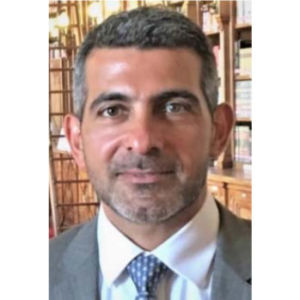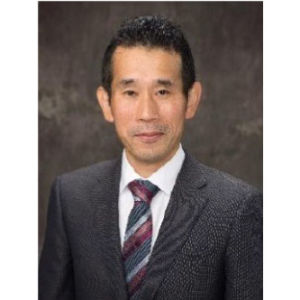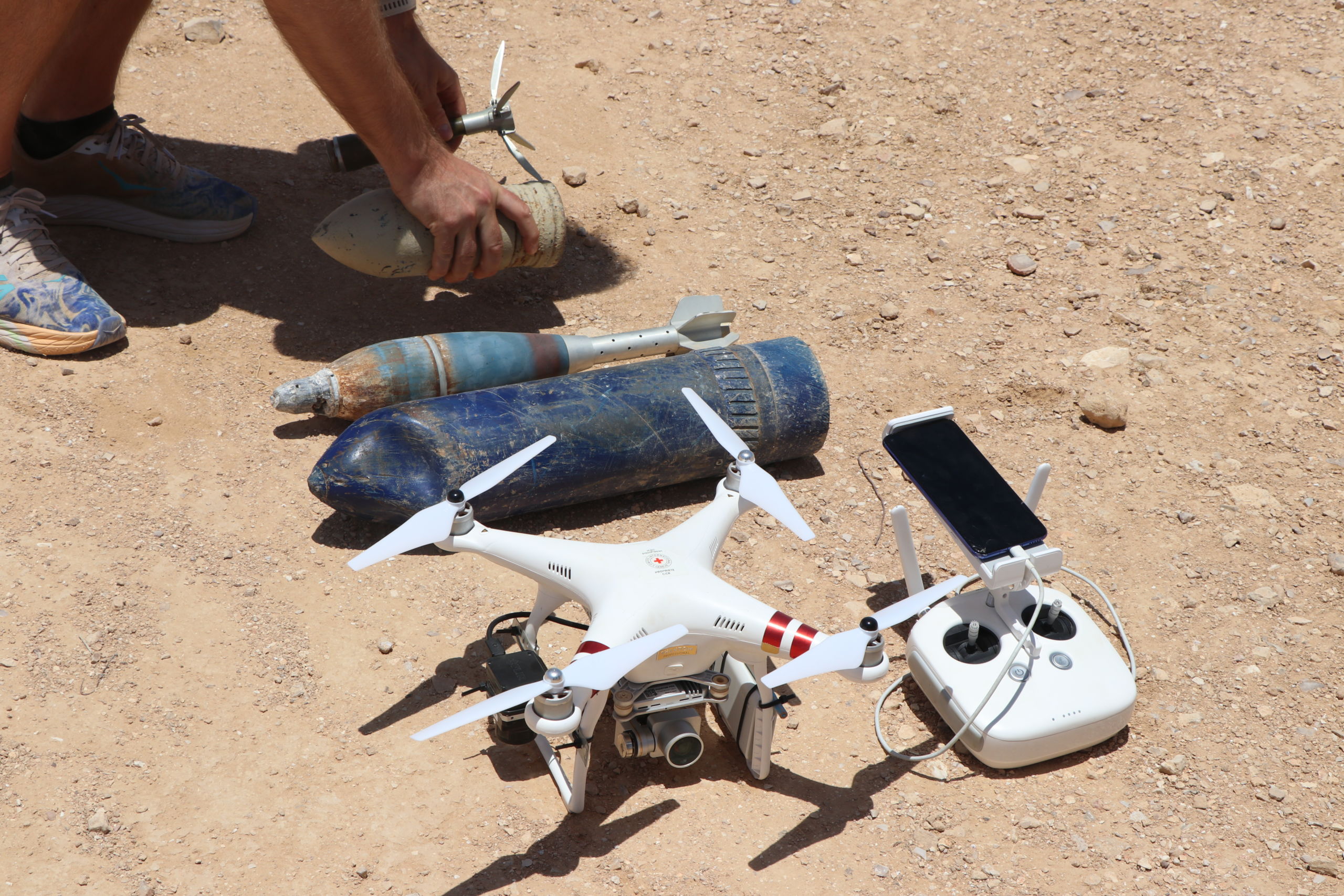【9月21日ウェビナー開催/Webiner coming on Sept.21!】TICAD後に考える「アフリカでの人道支援とイノベーションの活用」/Innovative solutions to meet humanitarian needs in Africa
アフリカでの人道支援の課題とイノベーションの活用
~産学連携による地雷対策
~産学連携による地雷対策
Humanitarian Challenges and Leveraging Innovation in Africa
– Landmine Countermeasures through Academic-Industrial Collaboration –
– Landmine Countermeasures through Academic-Industrial Collaboration –
※English text follows
武力紛争、戦闘や情勢不安、気候変動、避難民の増加、コロナ禍、ウクライナ紛争による食料危機――これらの要素が複雑に絡み合い、アフリカでの人道ニーズは高まり続けています。
紛争地で人道支援を展開する赤十字国際委員会(ICRC)は、学術界や民間セクターと連携することで、安全かつ効果的に援助が行えるようイノベーション分野に力を入れています。一例として、再生可能エネルギーを使って電力を供給するマイクログリッドをケニアの物流拠点に設置したり、低価格で良品質な義肢装具を開発したりしています。
特に、紛争後も人々を苦しめる、地雷や不発弾による“武器汚染”の問題解決は喫緊の課題の一つです。ICRCは現在、早稲田大学や日本電気株式会社(NEC)と協定を締結して、リモートセンシング・AIを活用した地雷探知のためのソリューションの構築に取り組んでいます。現在NECと共同で進めている実証実験では、国際機関やNGOなどが有する膨大な情報をAIに学習させることで、地雷が敷設されている可能性がある場所を高精度に推測する技術の検証を行っています。
TICADのサイドイベントである本セミナーでは、地雷対策に焦点を当てて、アフリカで人道支援を実施する上での課題や、産学連携によるイノベーションの実績について意見を交換。成功例や教訓などを踏まえて、新たなソリューションを創造する今後の取り組みを展望します。
セミナー概要
- 日時: 2022年9月21日(水) 18:30-20:00
- 開催形態: オンライン(Zoom)
- 参加申し込み(事前登録制)
- 言語: 日本語、英語(同時通訳付)
- 主催: 赤十字国際委員会(ICRC)、日本電気株式会社(NEC)
- 問い合わせ先: tok_tokyo_Mailbox@icrc.org(ICRC 駐日代表部)
https://us02web.zoom.us/webinar/register/WN_N9ErEMX8TY2s3rZQfsRgow
プログラム
- 開会挨拶/外務省
- 基調講演「アフリカの人道ニーズと、問題解決に向けた産学連携の取り組み」/ICRC
- パネルディスカッション:武器汚染と地雷対策におけるイノベーション
- 質疑応答
- 閉会挨拶/NEC
登壇者/Speakers
[開会挨拶/Opening Remarks]
(以下より敬称略)
- 日下部 英紀(外務省 外務事務官 大臣官房審議官兼国際協力局、経済局)
- 澤田 秀之(早稲田大学 理工学術院 先進理工学部 応用物理学科 教授)
- ナン・バザード(ICRC イノベーション部門責任者)
- エルノー・コヴァーチェ(NEC欧州研究所)
- クリストファー・ケイヨーシュ(アフリカ連合)
- Date: 18:30-20:00, Wednesday, 21 September 2022
- Venue: Online (Zoom)
- Language: Japanese and English (simultaneous translation available)
- Organized by: International Committee of Red Cross (ICRC) and NEC Corporation
- For any inquiries, please contact ICRC Japan: tok_tokyo_Mailbox@icrc.org
- Opening Remarks / Ministry of Foreign Affairs
- Keynote speech: An Overview of Humanitarian Needs in Africa and Cross-Sectorial Partnerships for Innovative Solutions
- Panel Discussion on the issues of weapon contamination and innovation in mine action
- Q&A session
- Closing remarks / NEC Corporation
Hideki Kusakabe, Deputy Director-General International Cooperation Bureau, Ministry of Foreign Affairs of Japan.
[基調講演/Keynote Speech]

パトリック・ユーセフ(ICRCアフリカ地域局長)
Patrick G. Youssef, Regional Director for Africa, ICRC
[パネルディスカッション/Panel Discussion]
モデレーター/Moderator:

坂根 宏治(国際協力機構 [JICA] スーダン事務所長)
Koji Sakane, Chief Representative, Sudan Office, Japan International Cooperation Agency (JICA)
パネリスト/Panelists:
Professor Hideyuki Sawada, Department of Applied Physics, Faculty of Advanced Science and Engineering, Waseda University
Nan Buzard, Head of Innovation, ICRC
Ernö Kovacs, NEC Laboratories Europe
Christopher S. Kayoshe, Acting Head of DDR/Security Sector Reform Division, African Union
[閉会挨拶/Closing Remarks]

室岡 光浩(NEC執行役員 兼 CCO)
Mitsuhiro Murooka, Senior Vice President & CCO, NEC Corporation
[総合司会/Emcee]
冨田 麻美子(赤十字国際委員会[ICRC]駐日代表部 企画調整官)
Mamiko Tomita, Cooperation Coordinator, ICRC Delegation in Japan
Warfare, instability, displacement, climate change, the COVID-19 pandemic and the threat to global food security caused by the armed conflict in Ukraine—these factors are intricately intertwined, and humanitarian needs in Africa continue to rise.
The International Committee of the Red Cross (ICRC), which provides assistance and protection to those affected by armed conflict and other situations of violence, has developed partnerships with the academic and private sector in order to ensure safe and effective humanitarian action. For example, the ICRC has constructed a microgrid to deliver reliable power from renewable energy sources for its logistics centre in Nairobi and has developed affordable, high-quality prosthetics and orthotics.
One of the ICRC’s greatest concerns is the direct and indirect consequences of “weapon contamination” by explosive remnants of war such as landmines and unexploded ordinance, which continue to plague communities even after conflicts end. The ICRC has already signed MoUs with Waseda University and NEC to develop solutions using remote sensing and AI technologies to detect landmines. Currently, the ICRC and NEC are conducting a proof-of-concept trial to verify the feasibility of AI technologies for accurately estimating the location of landmines by analyzing a broad range of data owned by international organizations, NGOs and others.
This webinar, which is a side event of TICAD8, will focus on current humanitarian challenges in Africa as well as a much-needed framework for addressing them through private-academic innovation partnerships. Based on successful practices and lessons learned, we will discuss and promote the creation of innovative solutions to meet humanitarian needs.
Event Outline
https://us02web.zoom.us/webinar/register/WN_N9ErEMX8TY2s3rZQfsRgow



